Living Like a Local Farmer: Permanent Guest Secrets at a Phuket Sufficiency Economy Hub
FastTrack Thailand = skip 2-hour immigration queues. Personal escort meets you with name sign, guides to VIP lane. 2 hours → 15 minutes guaranteed.
- 2 hours saved every arrival
- Personal escort with name sign
- VIP immigration lane access
- From $40 - cheaper than expected
Book FastTrack → Save 2 hours today
Why I chose Ban Nakok Sufficiency Economy Learning Center as my permanent home
I moved to Phuket and picked Ban Nakok Sufficiency Economy Learning Center because it felt like a place designed to teach hands-on craft rather than sell nights. For about $24 a night I traded a conventional lease for an environment that constantly shifts between workshop, classroom and quiet sleeping nook — a deliberate choice to be somewhere that nudges daily life toward doing rather than merely consuming.
What long-term presence reveals
Staying here turns casual curiosity into slow knowledge. The obvious public Wi‑Fi, car parking and 24h reception are practical scaffolding; air conditioning, TV and daily housekeeping make the practical edges of comfort predictable; the on‑site restaurant and laundry service remove friction from ordinary tasks. These amenities create a basecamp for experimentation rather than a hotel bubble.
- How others feel: visitors routinely give a perfect score (5/5.0), which tells you the place meets expectations for its purpose.
- Community: a small network of 18 people means you notice rhythms — comings, tools borrowed, and the way shared projects accumulate.
- Accessibility: there is wheelchair accessible parking, which quietly broadens who can participate in the programs.
Social patterns only permanent guests witness
Short stays treat the site as an attraction. Permanence reveals the in‑between hours: the slow rearrangement of seedlings at dawn, a circle of people comparing fermentation notes late afternoon, and the seasonal cadence of demonstrations that don’t look like performances but rehearsals for real practice. I’ve watched seven different guest experiences unfold into small collaborations, the kind where someone leaves behind a notebook or a cutting and it becomes communal property.
Neighborhood life contributes texture. Weekends here have a different flavor because people drift in from nearby spots like the Hidden Forest Elephant Reserve or View Cafe at Phuket; those visits punctuate the routine and introduce strangers who will sometimes stay for a workshop and sometimes just sit and listen.
Hard-to-find discoveries from living here
“You can go in and see and learn about the methods of sufficiency agriculture,” a visitor wrote — and they were right.
- Mushroom cultivation is not a single tutorial but a cycle you can observe: inoculation, waiting, and harvest over multiple months — you begin tracking humidity and smell the difference before you see the cap.
- Coconut shell charcoal burning is a small chemistry show; understanding the stages turns a smoky pile into a resource for soil amendments.
- Liquid fertilizer and fermentation are part recipe, part weather watch; batches behave differently when a storm rolls in and you learn to adapt rather than repeat instructions verbatim.
- The Khok Nong Na prototype area is like seeing a miniature rural policy in practice — experimental layouts, trial crops, and rough notes tacked to posts.
- Paths to Bang Wad Dam serve as informal circuits for reflection; a short ride becomes a recurring ritual that punctuates project days.
Daily life mechanics that become second nature
At first the 24‑hour reception felt excessive for a learning center; after a month I appreciated the frictionless entry for tools, late returns, and the occasional guest arriving at odd hours. The restaurant converts a potential logistical chore into a chance to sit with people working on the same projects; conversations there are practical, quick, and useful. Wi‑Fi in public spaces means work and research happen in shared zones, not isolated rooms, which changes how you schedule deep focus: mornings in the field, afternoons at the table with a laptop.
One little tip I’d give another permanent guest
Bring a sturdy notebook and label everything you plant — the trivial act of writing dates saves you from repeating mistakes and makes future experiments intelligible.
Moments that reveal the center’s personality
Small, human artifacts tell the story: a rain‑mottled instruction poster about compost nailed to a shed, a weathered sketch of a propagation layout, a child’s drawing pinned next to a fermentation recipe. These items are not decoration; they are the trace evidence of continual learning and shared trial-and-error.
There is a friendliness here that’s not performance. People are practical and natural; the place can be comfortable in ways that matter — a cool bed after a day of digging, a hot meal that didn’t have to be engineered by you. It’s not luxury, but it’s functional and calmly hospitable — not bad at all.
Assessment: potential versus reality
Living permanently at Ban Nakok offers an unusual kind of abundance: time to follow experiments through, access to hands‑on demonstrations, and a tiny community where projects become collective. The reality is also modest: this is a center first and a residence second, so if you require constant private office space, high‑end leisure, or a conventional apartment layout you’ll have to adapt your expectations.
If your aim is to learn by doing, to be near projects that reward patience, and to trade anonymity for a community that notices what you carry in your hands, this place has quiet, practical magic. If you need consistent, private workspaces or metropolitan amenities on demand, you will feel the tradeoffs sharply.
In short: great for someone who wants to be part of an agricultural rhythm and community experimentation; less suitable if your daily life depends on urban conveniences and private routines. My recommendation is candid — come with tools, curiosity, and an appetite for gradual progress, and you’ll find the center returns more learning than nights slept.
Border run = legal trick to reset your tourist visa. Exit Thailand, re-enter same day = new 60-day stamp.
- Get 60 new days (not 30)
- Same day return to Phuket
- All transport included
- 100% success guaranteed
Leave request → Manager will explain everything
Hotel Facilities
Hotel Information
Rooms: 18



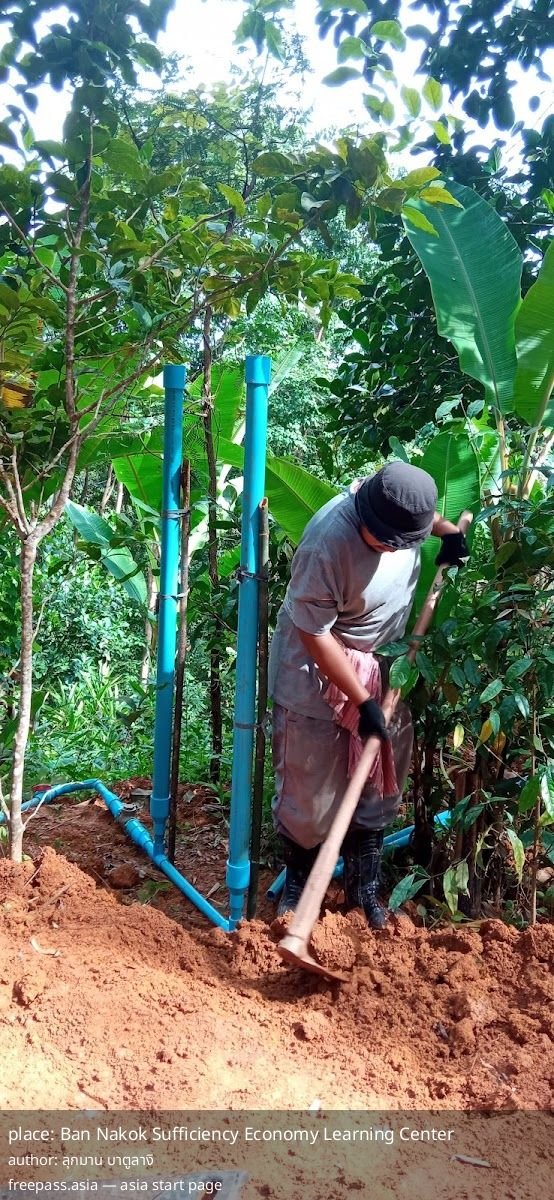

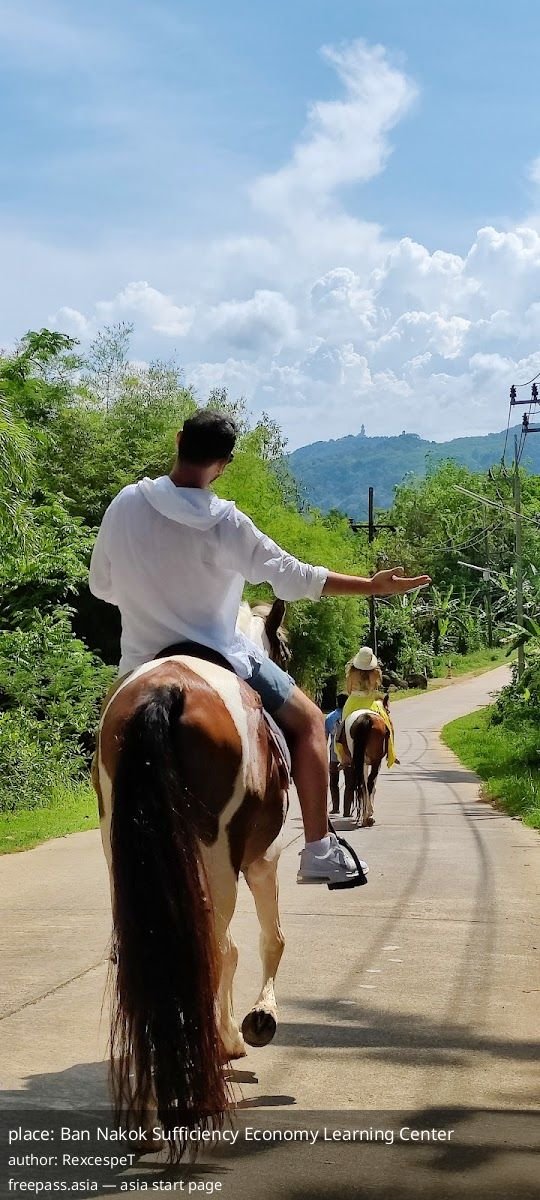
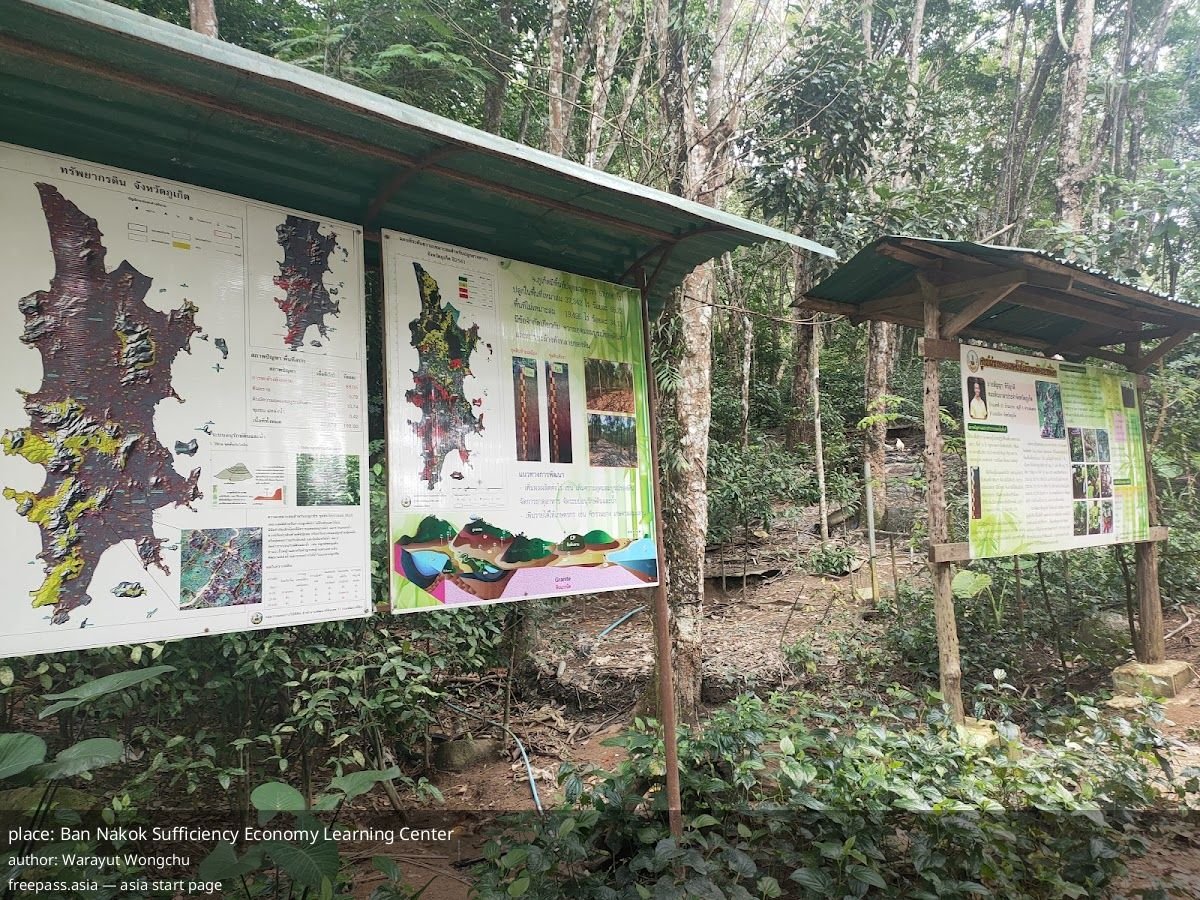
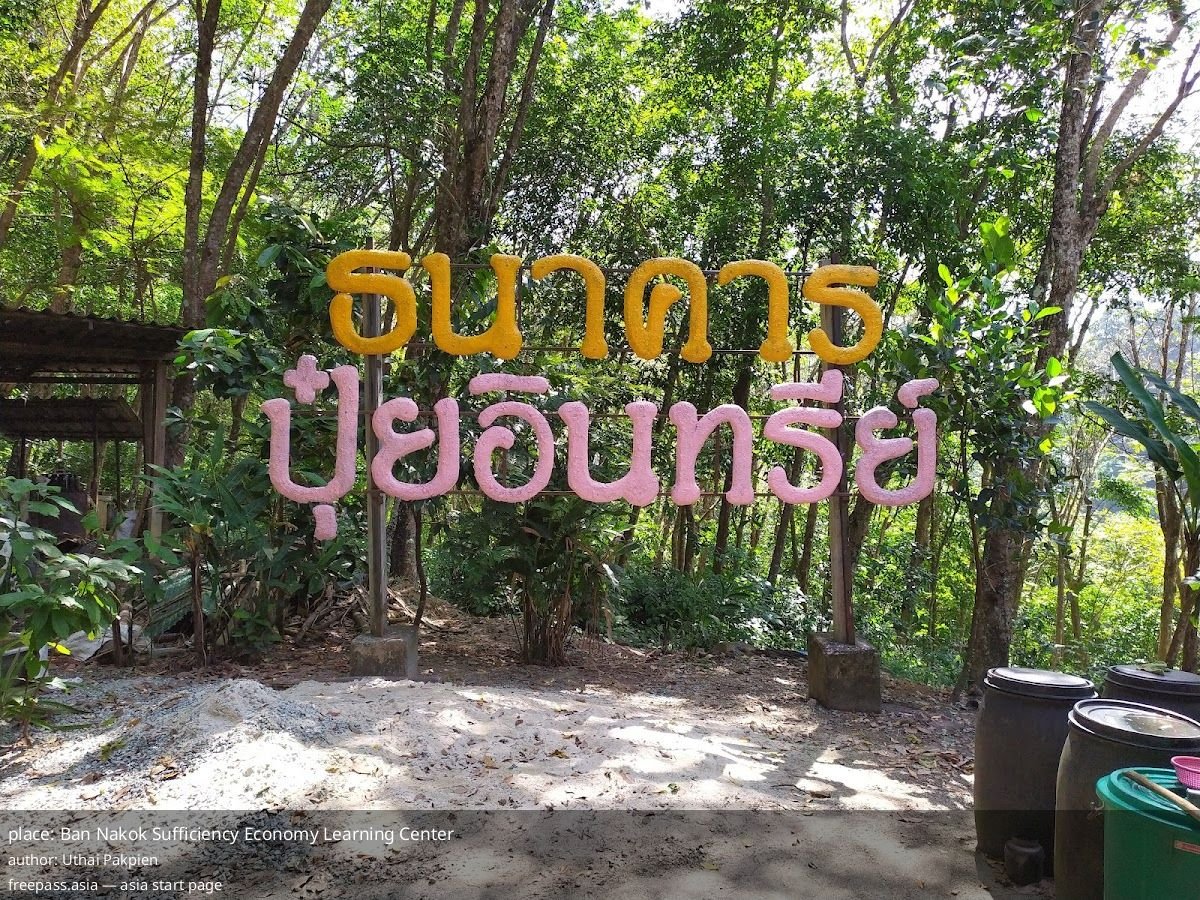
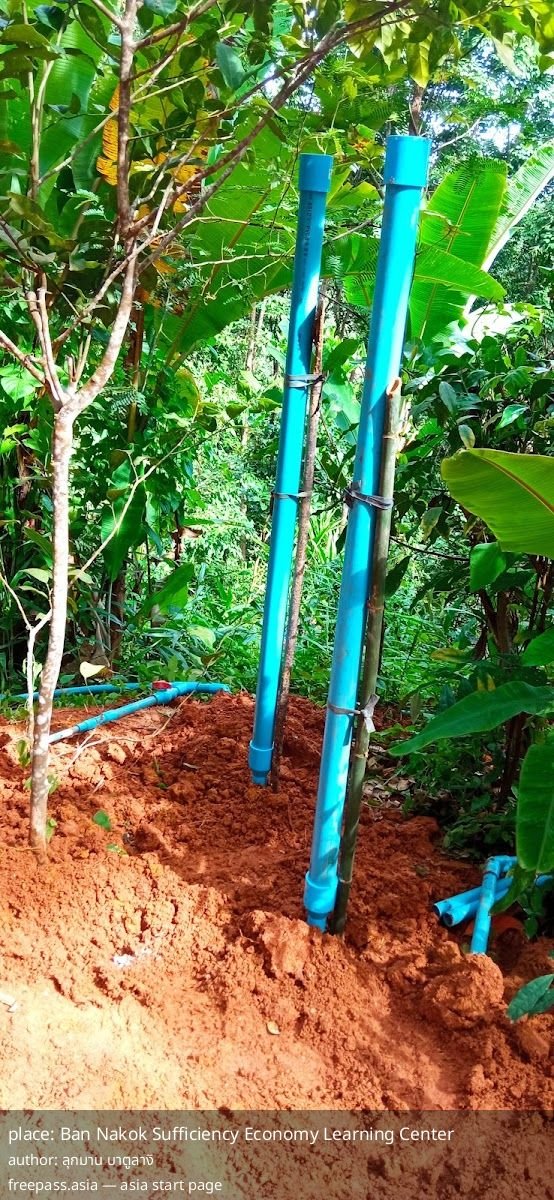
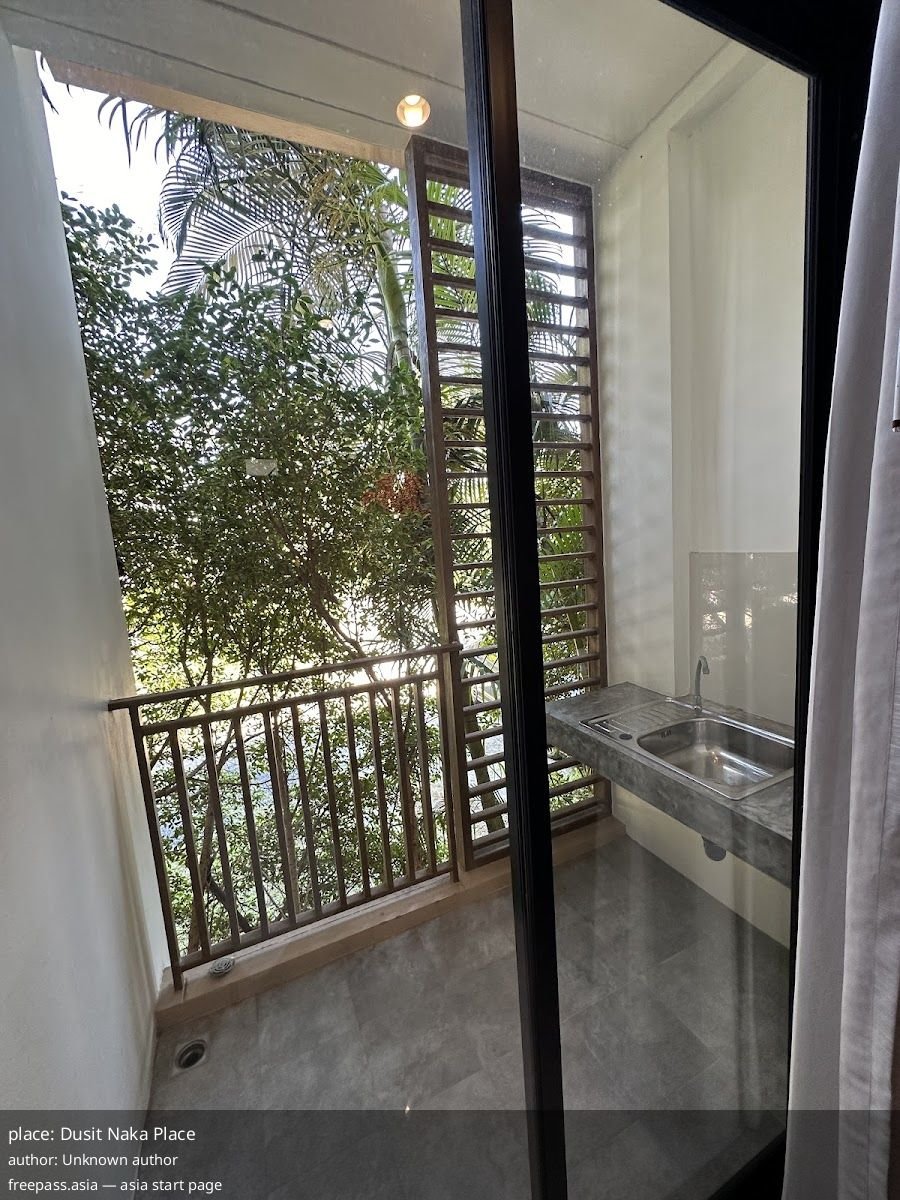
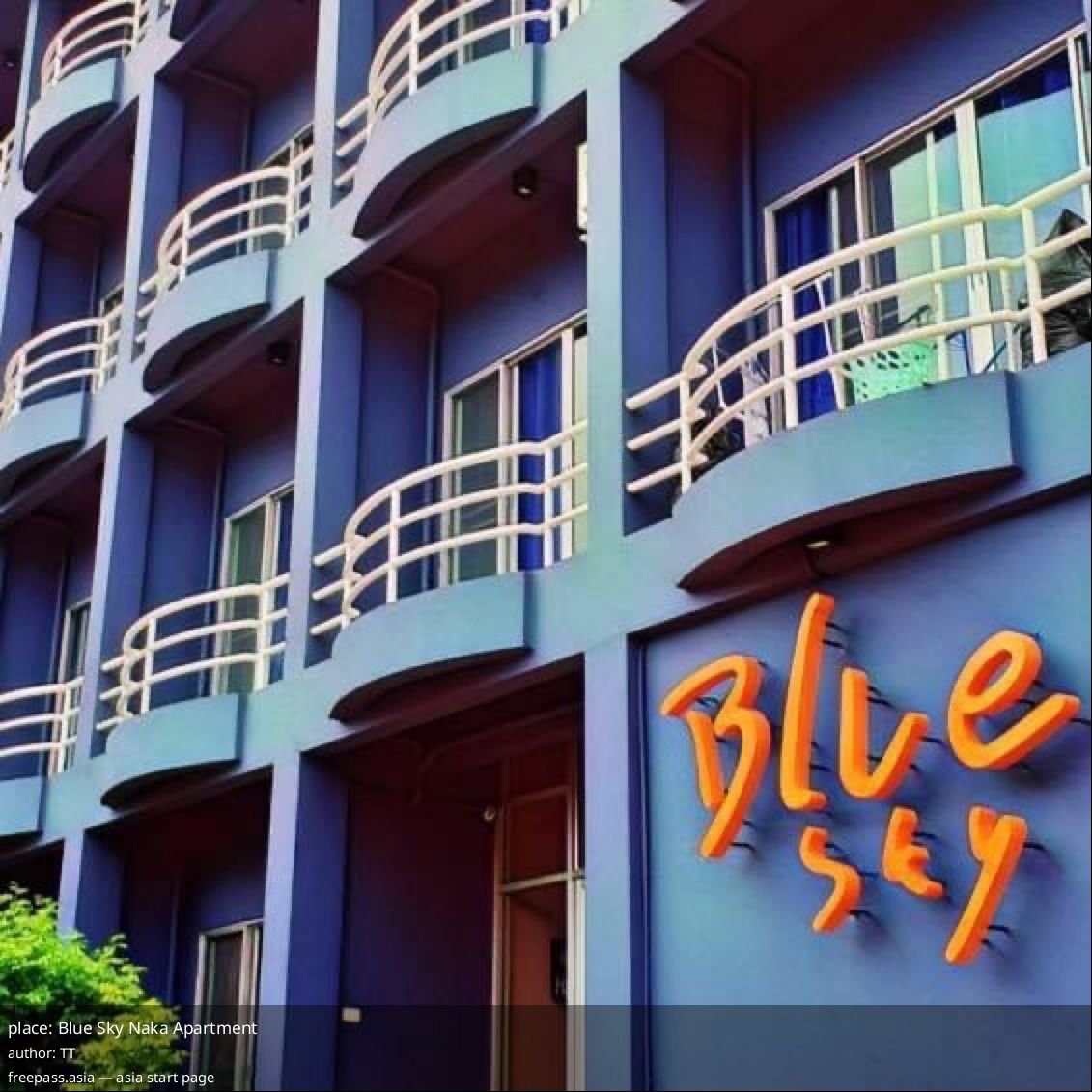
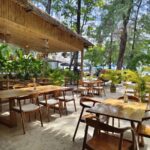
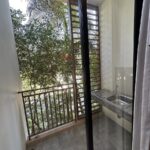
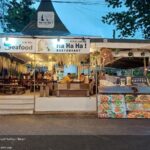
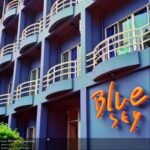

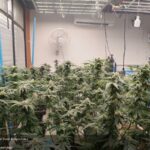
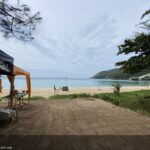
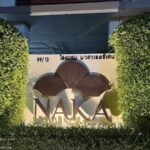
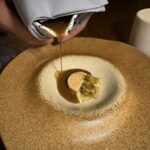
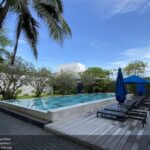

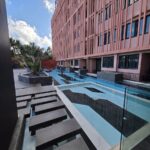
Comments are closed